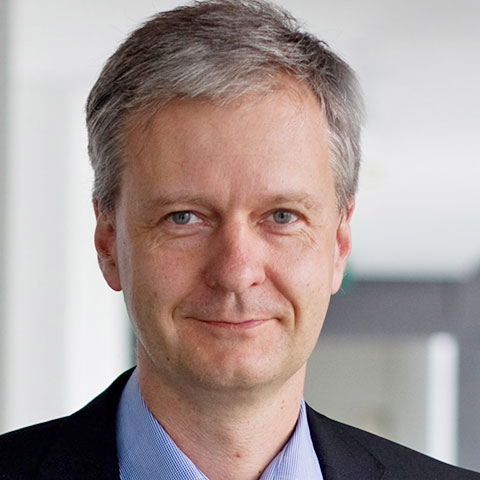SERIES: Senior Advisors at SHS

Here we introduce you to the SHS senior advisors. The experience of these experts plays an important role for us in the investment process and benefits not least our portfolio companies.
Professor Dr. rer. nat. Armin Bolz was Professor of Biomedical Engineering at KIT from 1999 to 2013. At the same time, he founded and sold several start-ups, for example Corscience GmbH & Co KG. He is currently active as an investor and business angel and supports motivated young teams in implementing exciting new technologies and bringing them to success. Examples include tVNS Technologies GmbH and Interherence GmbH. More and more, his own M&A activities are also coming into play.
What made you turn to medical technology after your studies and already during your doctorate?
The physics degree in Erlangen required a minor subject at the time. One of the options was physical – medical engineering. This subject excited me because it offered insights into meaningful applications of the freshly learned knowledge after the long theoretical training.
In this way, I was lucky enough to meet the chair holder Prof. Schaldach, founder and owner of Biotronik AG. He exemplified to me the combination of academic interest and entrepreneurial responsibility. The mere publication of newly discovered things was never the goal for him. Only when the new findings benefited a patient in a product was he satisfied. The logical consequence for me was to turn the scientific results of my doctorate (with his financial support) into a product in a company. That was my entry into the entrepreneurial professional world at a young age. My first product was coated electrode heads for pacemakers, which lowered the impedance and thus improved the runtime of the implants.
What appeals to you about your job as Senior Advisor at SHS?
Thanks to SHS, I get an insight into interesting companies, can exchange views on entrepreneurial assessments and, above all, learn a lot. The perspective of an SME investor is clearly different from that of a technophile enthusiast or a family entrepreneur. Each point of view is justified in its own way and is important in a certain phase of a company’s development.
What trends do you see in the medical technology/healthcare industry in the next three to five years?
If I compare the processes of a large industrial company and their support through digital systems with the processes in many clinics, I see a huge need to catch up. The organisational and digital perfection with which I can buy products online nowadays can be a model in many healthcare areas to reduce waiting times, ensure information flows more error-free and increase the efficiency of processes. One aspect here is also the increased integration of AI, as the expertise of the individual medical disciplines is becoming ever greater and can hardly be grasped by one person.
One area fascinates me personally: electroceuticals as an answer to the increasing scepticism towards pharmaceutical products offer interesting new therapy approaches. Together with the big trend of medical wearables, electroceuticals make therapy controllable and can thus contribute to the individualisation of therapies. Every person is different and needs something different. Personalised medicine is the keyword here.
What are the future challenges for the medical technology/healthcare industry, and what role can a MedTech investor like SHS play here?
The new regulatory requirements have led to a massive increase in costs. At the same time, society is ageing, which means that demand is rising sharply and this with limited resources overall. The medical technology industry will therefore increasingly go its way into a “mature” old economy. If we compare the margins and processes with the automotive industry, it becomes clear how much potential is still possible here. Whereas in the past every electromedical device had its own customised display as a matter of course, in the future more and more standard tablets à la iPad will be used. For reasons of cost, a company’s own design language will be dispensed with. Nowadays, no car manufacturer would even think of building its own brakes, seats or the like. The world of B2B partners and suppliers and the way they are managed will become increasingly important. Perhaps this also offers an opportunity for Europe to bring back some of the previous material flows and thus make the supply chain more secure.
An investor like SHS can provide valuable support in this regard by having the SHS team prepare portfolio companies for this trend in good time and implement appropriate solutions, for example also through its own investments.